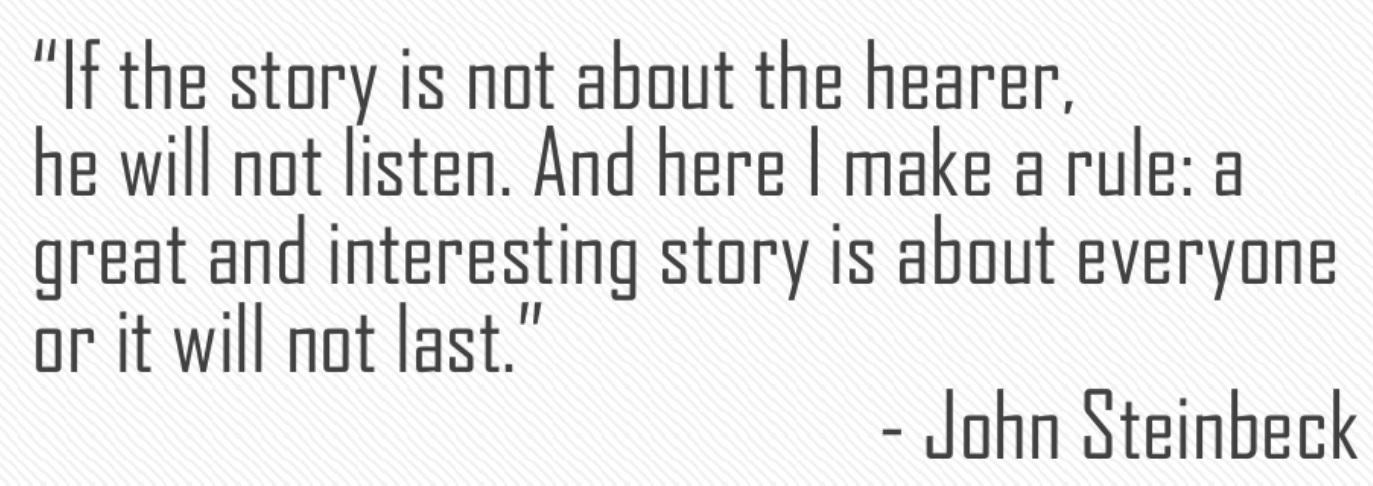- Do we speak? I mean; really speak to one another?
- Yes, of course! What is it you want to say?
- I know we hear eachother talking, but do we really listen? Do we answer to the questions we are afraid to address? Or do we dismiss them as insignificant, because it is more comfortable?
In all the relationships we keep, and claim we nurture, there has to be trust that the other one will never intetionally hurt us, or expose our weak moments.
It's a lot like marriage; both partners have that need for security: the undisputable guarantee of time set aside, acceptance, of love…especially from one another.
 Psychological abuse is just that: exposure of our weak moments... whether it's feelings we thought we once had, or traits, and then taking advantage of them to break the other person into dysfunctional dependency. It's just plain cruel.
Psychological abuse is just that: exposure of our weak moments... whether it's feelings we thought we once had, or traits, and then taking advantage of them to break the other person into dysfunctional dependency. It's just plain cruel.We need to know we have worth as individuals; that our lives as a man or as a woman count for something, that there is a purpose for our existence, that we are significant and a pillar for our relationship. Not just our role or function, but that we count and are important to eachother.
And to have that, you need to listen. You need to take an interest in your partner or friend.
I have heard men and women explain the failure in fidelity by saying: "It didn't mean anything!"
I don't think people who say that fathom the second betrayal they commit the instant those words are uttered. By admitting to breaking the trust, for something they discard that easily; as not important, is really harsh.
(Unless the agreement of an open relationship is settled, of course). Fidelity is the core in a couple's synergy. Which means you break out by doing something insignificant, when it is obvious to everybody you should have known that to the other person it means everything. You just didn't listen and understand.
I have heard people say that it wasn't the cheating itself, in the physical sense, which was the worst. What really bothered them, to the extent of breakdown, was the thought of the pillowtalk. The risk they have been exposed.
You know... the conversation that happens after, or before, being intimate. It's infinitely better than normal conversation because there's touching involved. There is presence.
And what lies in the nature of pillowtalk is the life-support system of the strong and unshakable relationship we desire to a partner.
But how do we affirm true connection to one another?
I would say the sure confirmation is when you bother talking to eachother. By listening. By caring enough to communicate.
After all we communicate in so many different ways. Sometimes with a look and other times with a touch. Yet in our relationships, there need to be words. We need to hear each other’s voice, what the other is thinking, feeling, dealing with, dreaming of.
True connection also include disagreement and arguing, not fighting, but to feel safe when you speak up and state your mind. To feel it is ok to have different opinions.
I told a friend that I tell the people I love I love them. He just looked at me with a blank gaze, then shook his head and said "the people I love know, without me saying". I'm not convinced we do.
The way we communicate with one another can make a difference. Relationships differ; Some are strong, some weak, some have joy and others have pain, some are blessed with good health and wholeness, some bear nothing than destruction.
The thing is: communication can ease hurt, and enforce happiness.
It is all in the art of communication, and it literally permeates every aspect of a relationship.
Maybe one of us loves to talk, while the other is quieter. However, because healthy communication is critical to our relationship, we need to do whatever it takes to learn to communicate in an effective way. Nothing else shows more clearly that we truly care for and value our loved one above ourselves. It doesn't cost a lot to say hello and smile. It is easy to just stroke an arm or a back as you pass by. Easy to do and important signs you care and know the other person is there.
We need to learn to listen to one another: to allow and encourage honesty, openness, vulnerability. To exchange thoughts, ideas, hopes, dreams, fears, and failures with one another in such a way that we break even and share life without fear of rejection and judgment. Then you can truly claim you have a true and healthy relationship.







